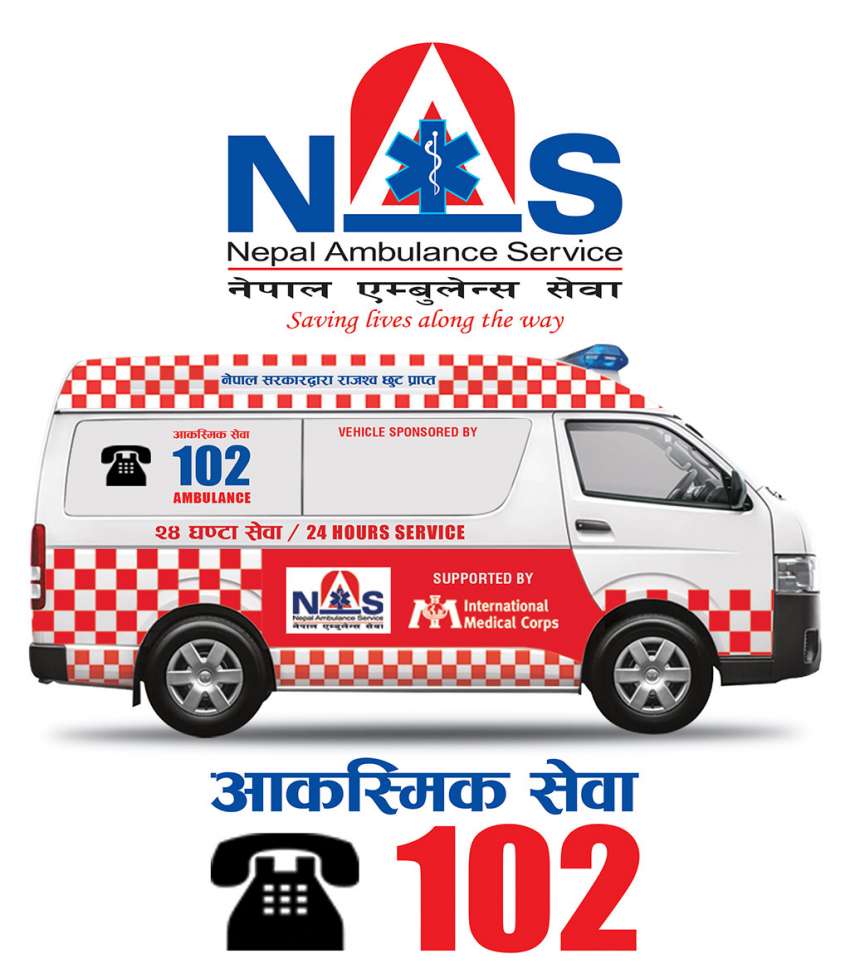Your Lifeline in Emergencies—Comprehensive Helpline Resources 🚨
In moments of crisis, quick access to emergency services can save lives. This guide provides essential helpline numbers for medical emergencies, police assistance, fire services, mental health crises, and more.
Ensure you have help available whenever and wherever you need it.

Why Have Emergency Helplines Ready?
Critical Access
Immediate connection to vital support services.
Improved Outcomes
Faster response times improve survival and safety outcomes.
Specialized Support
Access to units for mental health, domestic abuse, and cybercrime.
Disaster Relief
Facilitates coordinated rescue and relief during natural disasters.
The Complete Emergency Helpline Network
Emergency helpline resources connect the public to trained professionals who provide assistance for a variety of urgent situations including health crises, fires, crimes, mental health issues, and natural disasters. These services are typically government-operated and work round-the-clock.
The helpline network includes:
- Ambulance and medical emergency response.
- Police, Fire, and rescue department contact numbers.
- Specialized services for vulnerable groups like women and children.
- Mental health crisis counseling and suicide prevention.
- Cybercrime and digital safety hotlines.
- Disaster management and evacuation support.

Key Emergency Service Contacts
1. Medical Emergency Services 🚑
Dial the national medical emergency number for ambulance and urgent care during health crises like heart attacks or severe accidents.
2. Police & Crime Reporting 👮
Access police emergency lines swiftly to report crimes, disturbances, or request immediate safety assistance.
3. Fire & Rescue Operations 🔥
Call firefighters for blaze control, rescue missions during structural collapses, or vehicular accidents requiring extrication.
Essential Emergency Contacts List (Global/Common Examples)
Essential Usage Guidelines for Helplines
Before You Call
Knowing how and when to use emergency helplines ensures appropriate and effective assistance. Follow these guidelines for better outcomes:
- Clearly communicate your exact location, the emergency type, and number of people affected.
- Stay calm and follow the operator's instructions carefully; they are trained to guide you.
- Avoid prank calls; misuse delays critical response for real emergencies.
- Have important numbers saved and accessible at all times (e.g., on fridge or phone wallpaper).
- Learn basic first-aid and safety skills to assist before professional help arrives.
Sector-Specific Help
Medical Helplines: Connect you with paramedics and EMTs providing crucial care during accidents, heart attacks, and strokes, coordinating rapid hospital transport.
Police and Safety Lines: Handle crime reporting, domestic violence, theft, and also offer specialized lines for women’s and children’s safety.
Crisis Services: Mental health hotlines offer anonymous support for emotional distress or suicidal ideation, providing comfort and referral services.
Cybercrime: Dedicated teams offer guidance on online fraud, hacking, and harassment, often coordinating with law enforcement on digital safety.
Be Prepared, Stay Safe 🛡️
Keep emergency contacts handy and check them periodically for updates.



